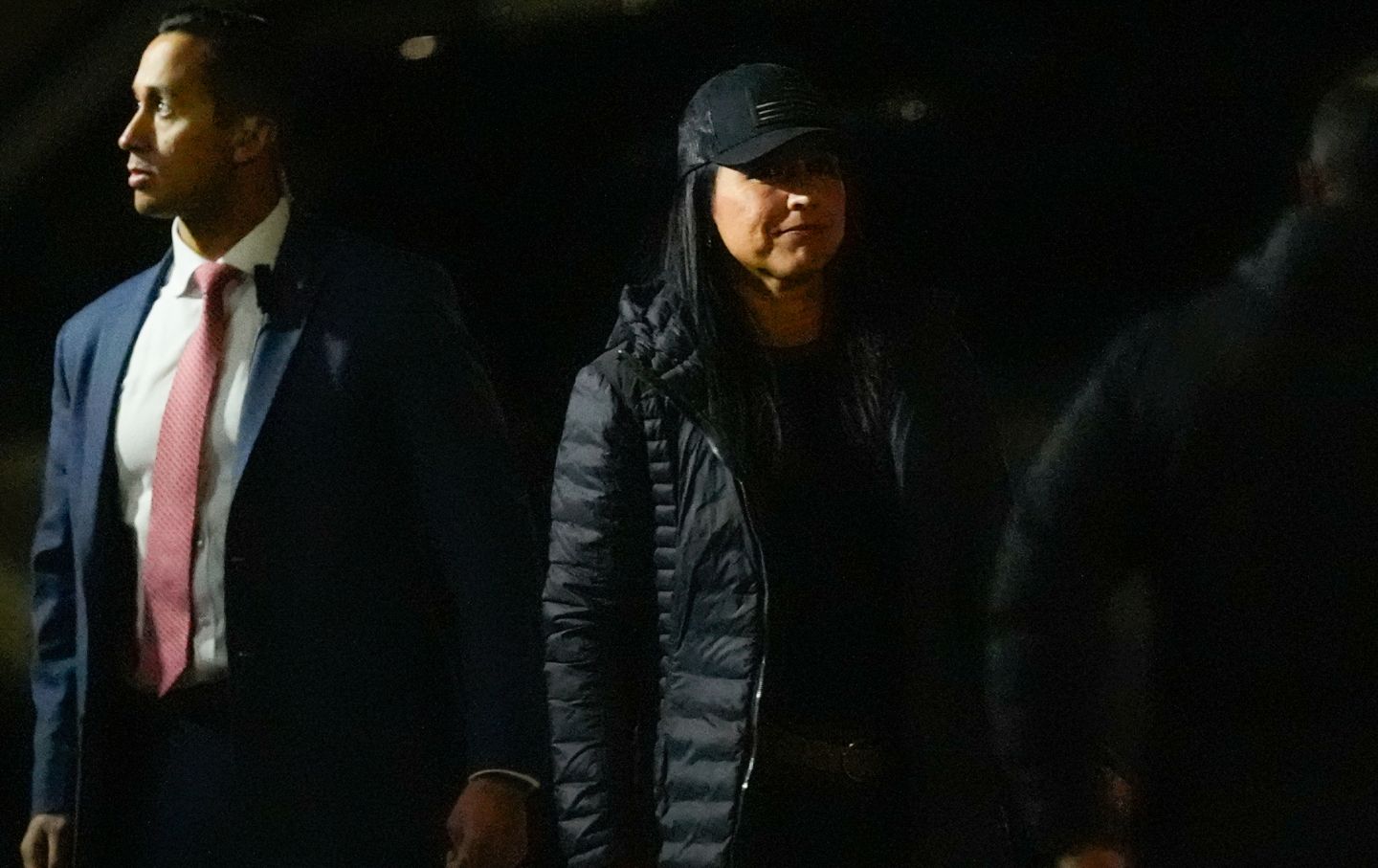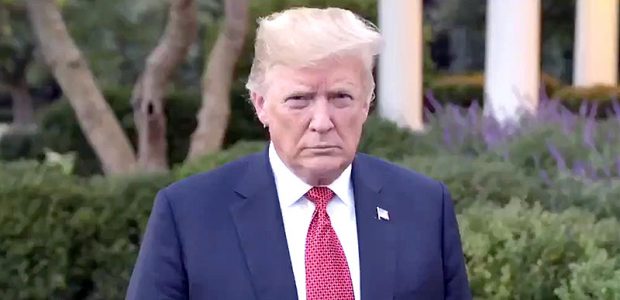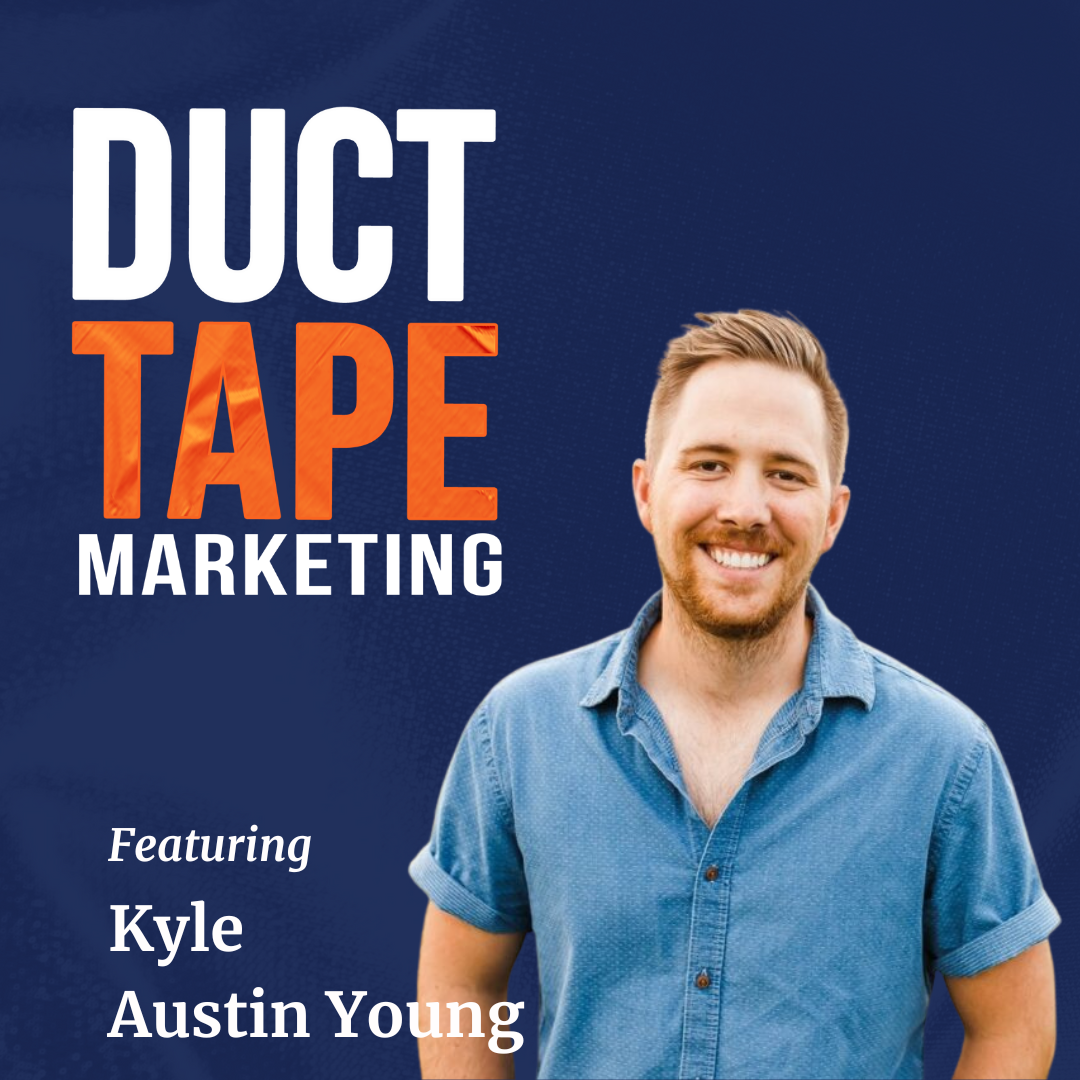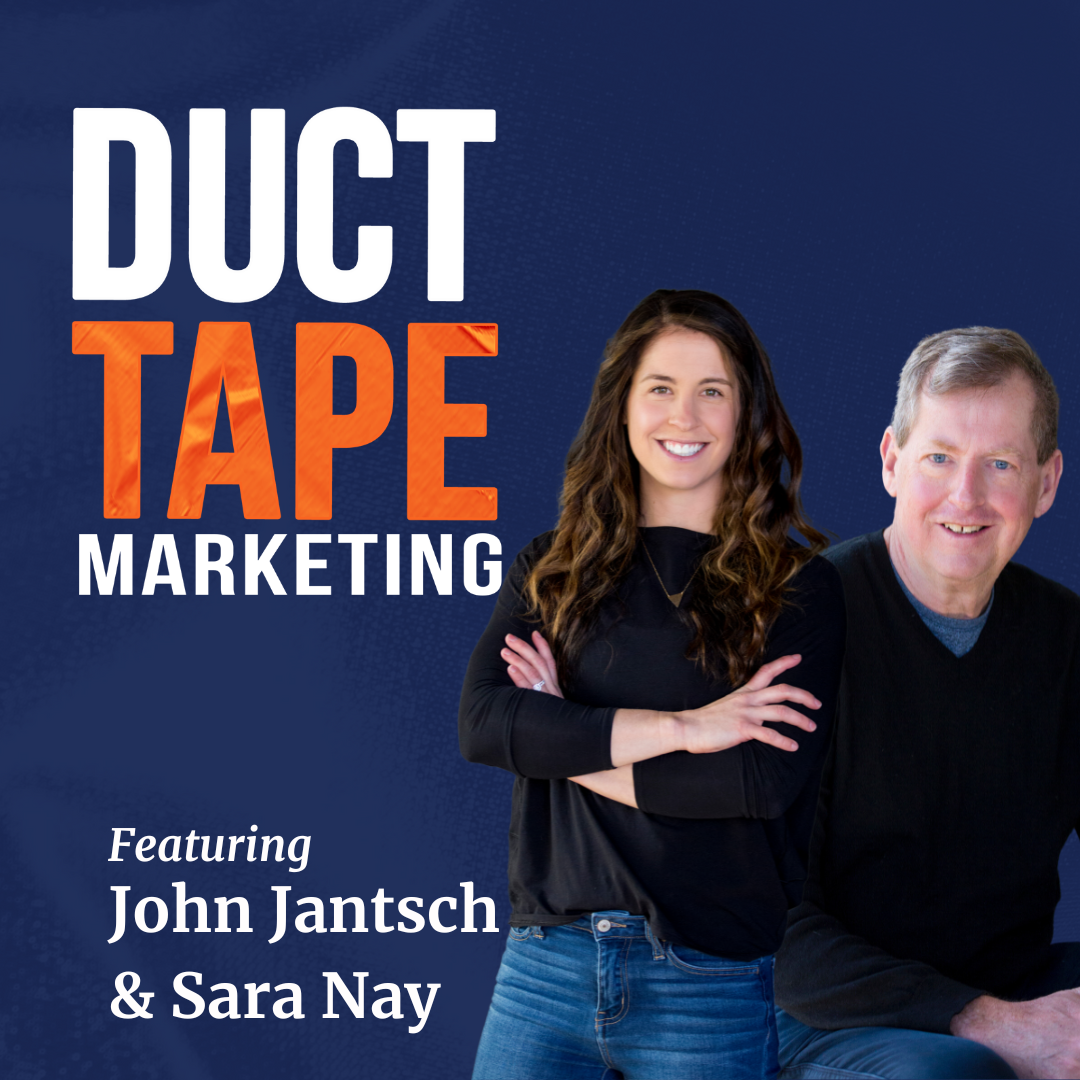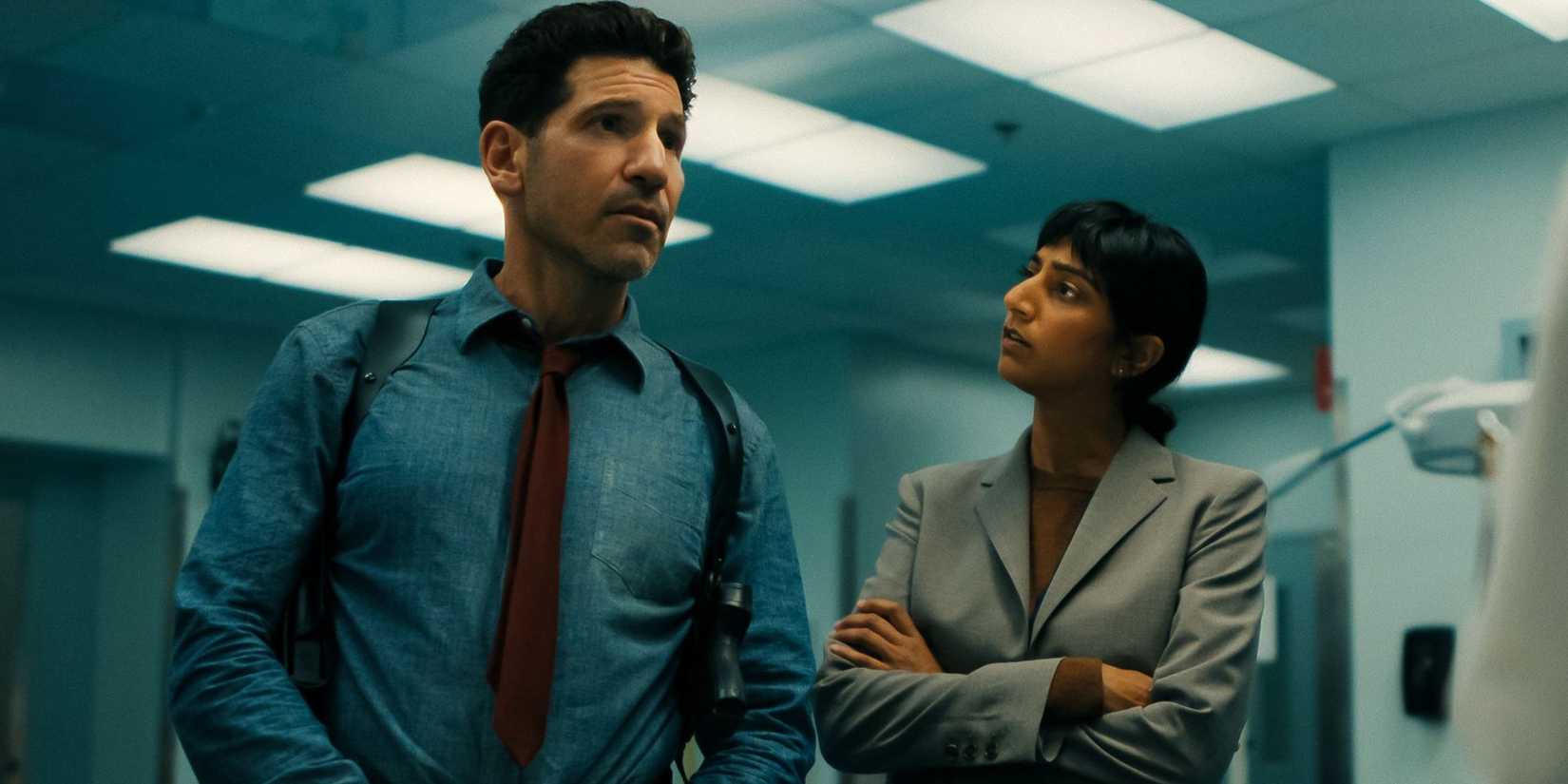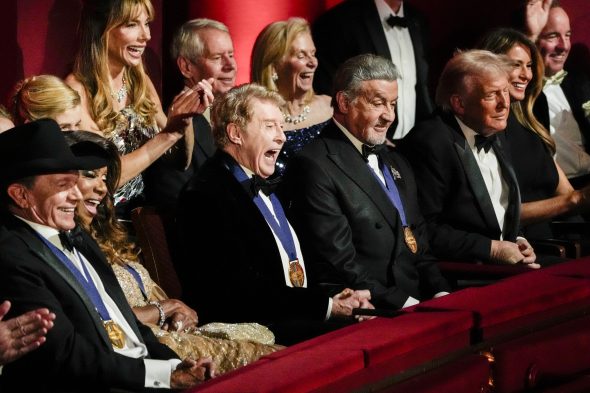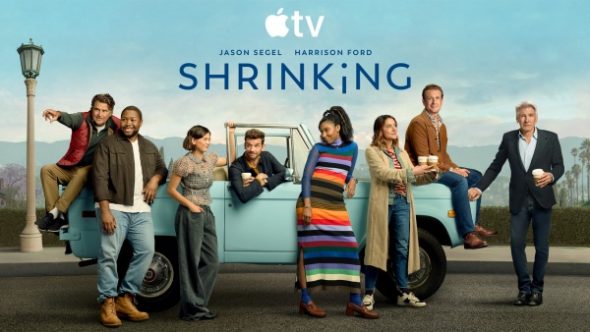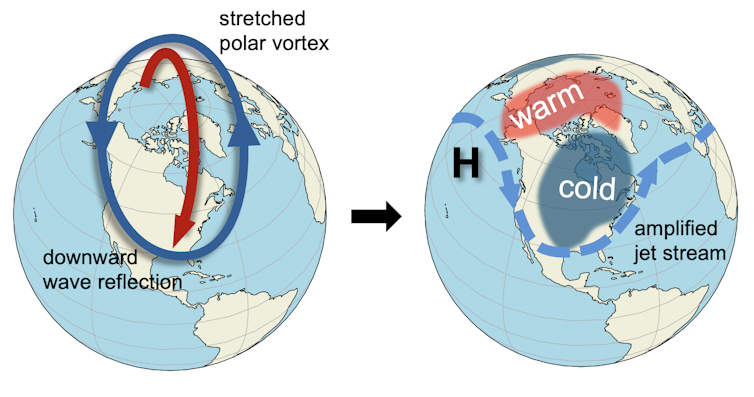[ad_1]
The biggest change companies need to make in order to accommodate the new world of hybrid work has nothing to do with technology, real estate or even training and support. It’s about letting go of command-and-control leadership and moving toward “trust and inspire,” said Stephen M.R. Covey, the author of The Speed of Trust and Trust & Inspire, who told attendees at a recent Chief Executive conference that while the world has changed, “our style of leadership has not kept pace.”
Covey pointed to a recent Microsoft survey that found 87 percent of employees felt they were “fully productive,” but only 12 percent of leaders felt confident that their people were actually productive. “There’s a massive gap there,” he said. “So, if you implement a hybrid approach to work, but you still don’t trust your people—and you fill it with things like productivity software that looks and feels to the employees like surveillance software—that screams distrust, the new way of working will be undermined by that lack of trust.”
The transactional carrot-and-stick model of motivation will also be a failure in the new world. “The tool you’re using and the style of leadership you’re employing is not going to be relevant for the game being played,” he said. “It’s the equivalent of trying to play tennis with a golf club.”
Building a High-Trust Culture
Covey was careful to note that becoming a trust-and-inspire leader doesn’t mean becoming less exacting about results, lowering expectations or losing accountability. “You can be strong as a leader without being forceful. You can be authoritative without being authoritarian. You can be demanding without being demeaning.”
Covey pointed to the three stewardships of trust-and-inspire leaders:
1. Modeling: Who we are. CEOs are always modeling behaviors, but they may not always be aware of what they’re modeling. “Are we modeling the behavior we want to see? If we want to see more openness and understanding, are we modeling that?” asked Covey. “The main point is: Leaders need to go first. We model what we would like to see.”
2. Trusting: How we lead. The key thing about trusting is to clarify expectations up front. “Mutually created expectations is better than dictated expectations. You build the agreement together,” he said. At the same time, you set up a process for accountability so people can assess themselves against the expectations you built together. “That’s what will make remote work and hybrid work great is that trust being extended. But it’s not a blind trust. It’s a smart trust with clear expectations with an agreed-upon process for accountability. You don’t have to micromanage because the agreements govern, and there’s control built into it.” This will accomplish one other thing, he added: It will help you grow future leaders. “And your ability to get results in the future goes up.”
3. Inspiring: Why it matters. Inspiration is the new engagement and the new competitive advantage, Covey said. “Inspiring others is a learnable skill—everyone can inspire.” Both modeling values and trusting employees lead to inspiration. “To be trusted is the most inspiring form of human motivation,” he said. CEOs inspire when they connect to others authentically and then connect people to purpose and contribution. “That’s all about finding your why, becoming inspired yourself and lighting your own fire—because a lit candle can light others,” said Covey. “So, find your why, become inspired at the relationship level, and you’ll find you can create and embed purpose, meaning and contribution into almost any role, in almost any organization.”
The post Stephen M.R. Covey: ‘We’re In A Living Laboratory’ appeared first on ChiefExecutive.net.
[ad_2]
Original Source Link







